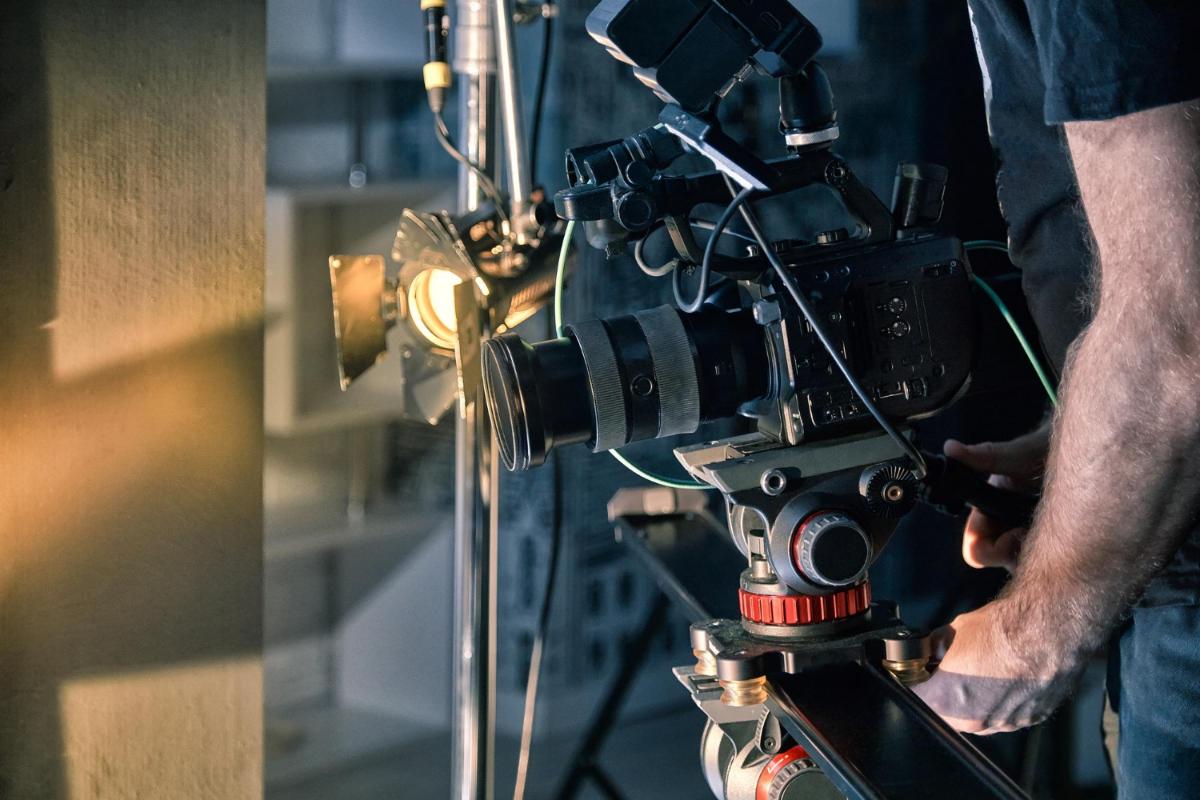Four Facts that You Should Know about Grip Lighting Technicians

Are you curious who works behind the scenes in the filmmaking industry to achieve the lighting effects and special features that make a film what it becomes? There is an entire team of grip lighting technicians that works in the production department to create the exact look the director is trying to achieve. They are knowledgeable in many different areas, such as managing grip equipment, communicating techniques, supplying lighting necessities, and moving quickly to adjust the aesthetic. Without them, it would be nearly impossible to achieve the exact look that we see when we watch these films. There are a few facts you should know about these grip lighting technicians.
We Typically Shadow Others
Many grip lighting technicians begin their career by shadowing other grips and gaffers in the industry. By learning on the job, they will be able to learn the language, equipment, protocols, and other aspects of the job. Because this job varies depending on the set you are working on, having hands-on experiences in a variety of settings is critical to your education.
We Need to Act Fast
Sometimes the director of photography will notice a need for a change right in the middle of a scene, which can require an entirely different equipment setup. The grips are typically responsible for deconstructing and reconstructing the equipment to get the right lighting and effects. This means that they need to act quickly to do their job. Many grips are used to a fast-paced work day on set.
We Use Our Own Jargon
One of the most challenging aspects of a grip lighting technician's job is learning the language. Because they are an extremely technical group, they require specialized knowledge that many other people are unaware of. To become more familiar with this, they learn and use their own jargon within their department. This helps grips communicate with one another quickly and effectively to get the job done right.
We Don't Require Education
Even though you do not need to have a formal education background to become a grip lighting technician, it is helpful to have education in film and lighting effects. Many grips and gaffers learn on the job, but many also come from formal education backgrounds. There are a few ways to approach this role, but having a passion for the work is the most important factor for lighting technicians in film.
These are just a few facts you should know about grip lighting technicians that work diligently behind the scenes of a film. To produce a high-quality film, many different people work together to create a cohesive and dynamic movie. To learn more about grip lighting technicians and grip equipment, contact us today.